A new version of Richard Billingham’s pioneering family project raises the same old questions around access, class and sensation
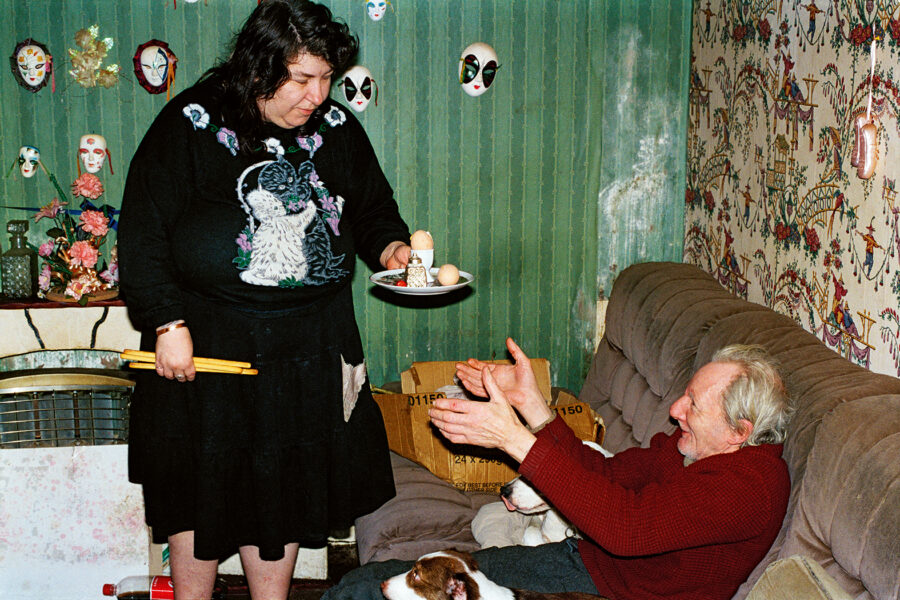

A new version of Richard Billingham’s pioneering family project raises the same old questions around access, class and sensation
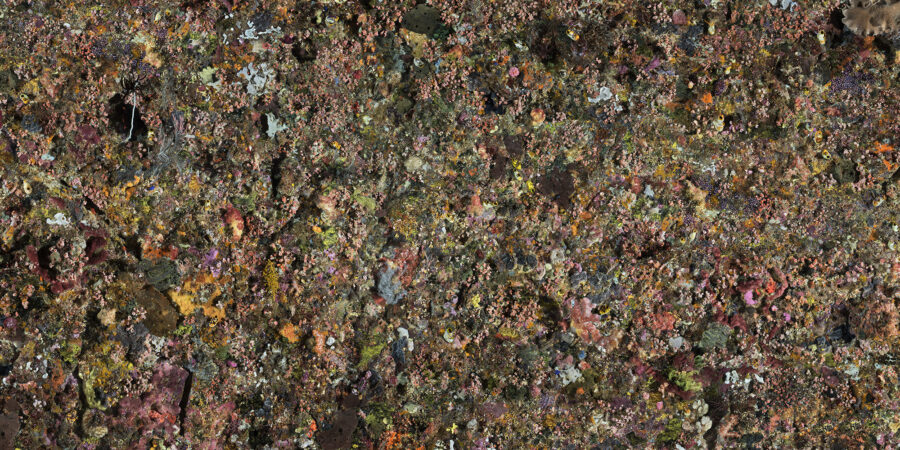
The Canadian artist has captured our scars on the planet for over four decades. His largest ever show is a rallying cry with multiple voices
“As photographers, we always have so much to prove,’ says Mitchell, “that we are not just guns for hire or documentarians of a moment – but we are creating and shaping culture through images”
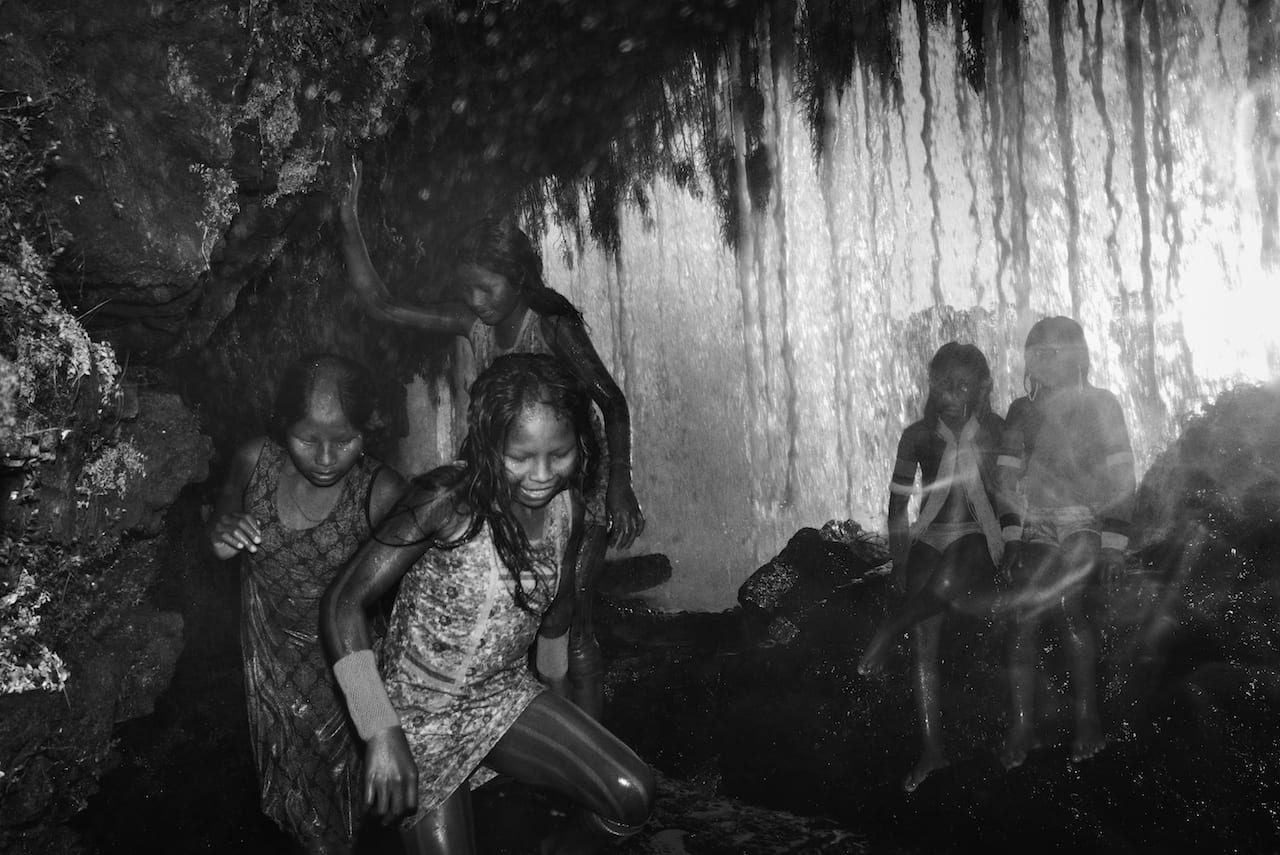
Addressing a range of issues that span deforestation, drug wars, and daily life, ‘Amazônia’ goes on show at Saatchi Gallery today
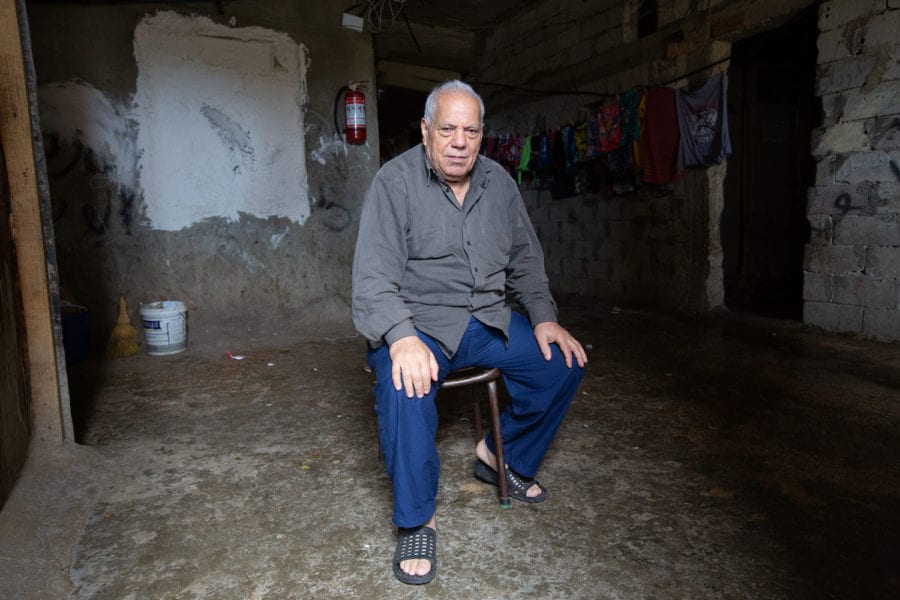
Posing as a Kurdish man complete with a Syrian passport, in 2016, Jonkler travelled through the deserts of Syria to the camps of Calais, documenting the plight of refugees. Here, Jonkler reflects on his work, and the war that spawned the crisis he documented
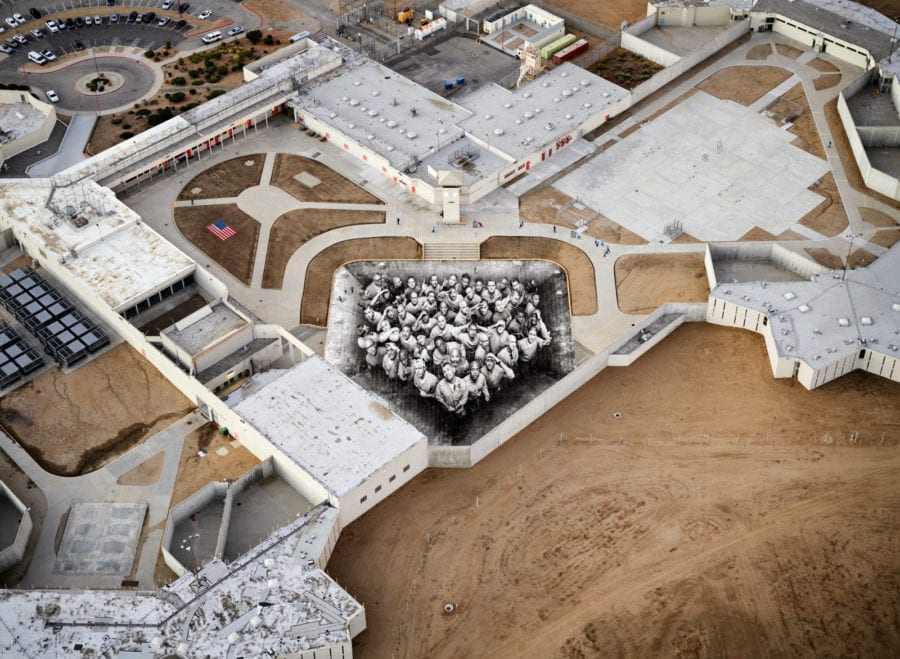
Working with inmates and guards, the French photographer’s gargantuan mural made in Tehachapi prison is the centrepiece of his first UK retrospective, opening at the Saatchi next month

As Taschen republishes Sebastião Salgado’s classic reportage from the Serra Pelada gold mine, a former Magnum director recalls the day it first landed on his desk
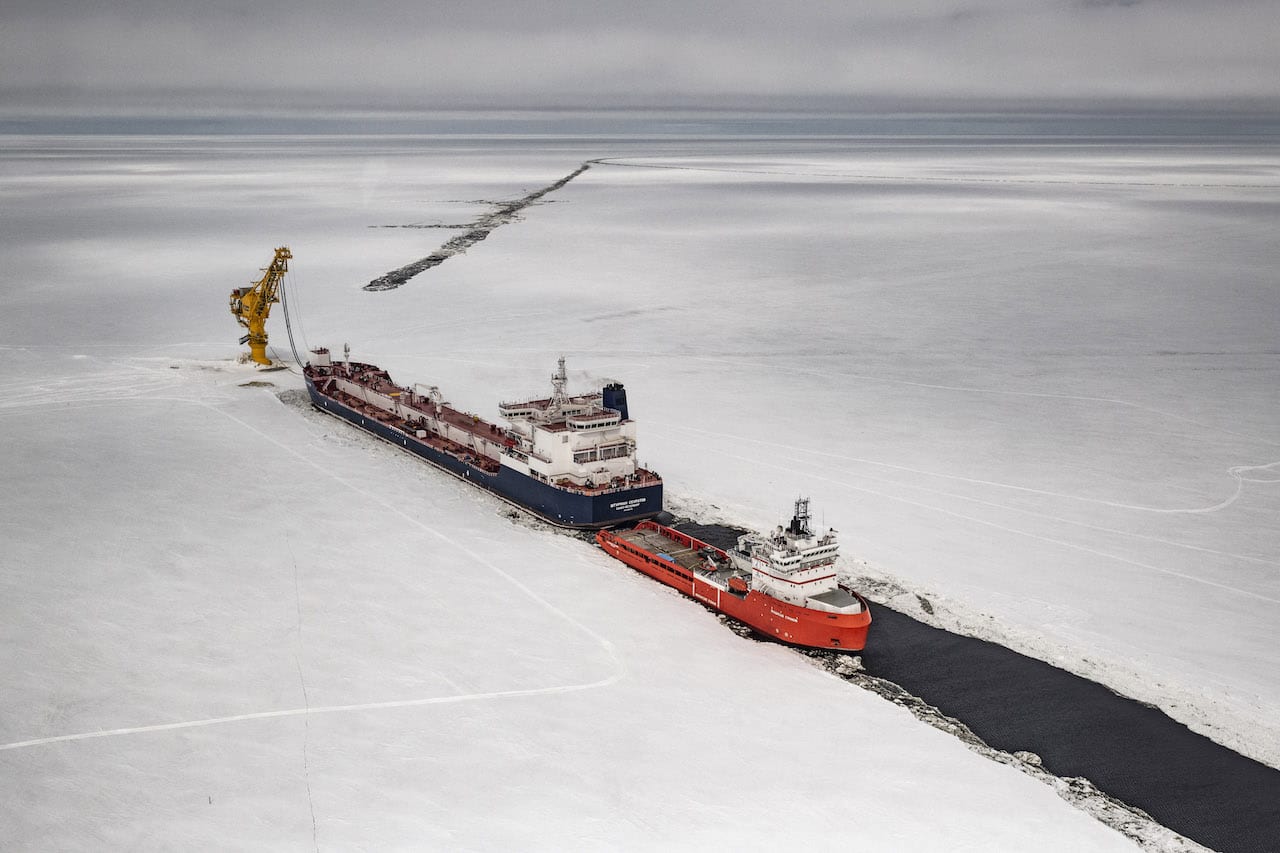
The Arctic circle is warming twice as fast as the rest of the world. According to the National Oceanic and Atmospheric Administration, for the past five years Arctic air temperatures have exceeded all records since 1900. If temperatures continue to rise, scientists expect that the North Pole will be ice-free in summer by 2040.
Ice reflects sunlight while water absorbs it, so less ice means even higher temperatures. But the consequences of disappearing sea ice in the Arctic are more complicated than the obvious impact it has on our global climate. Less ice provides new routes for maritime shipping, and opens up new areas for the exploitation of fossil fuels, transforming the region into a strategic battleground for countries with vested interests – not to mention indigenous villages whose livelihoods are threatened by rising sea levels.
Photojournalists Yuri Kozyrev and Kadir van Lohuizen, who are both represented by NOOR, travelled through the Arctic circle, documenting the startling, and often complicated, effects of Arctic climate change. Arctic: New Frontier is the product of the ninth edition of the Carmignac Photojournalism Award, which each year funds a new investigative photo reportage on a humanitarian and geopolitical issue. An exhibition of over 50 photographs and six videos will be displayed at London’s Saatchi Gallery from 15 March until 05 May.